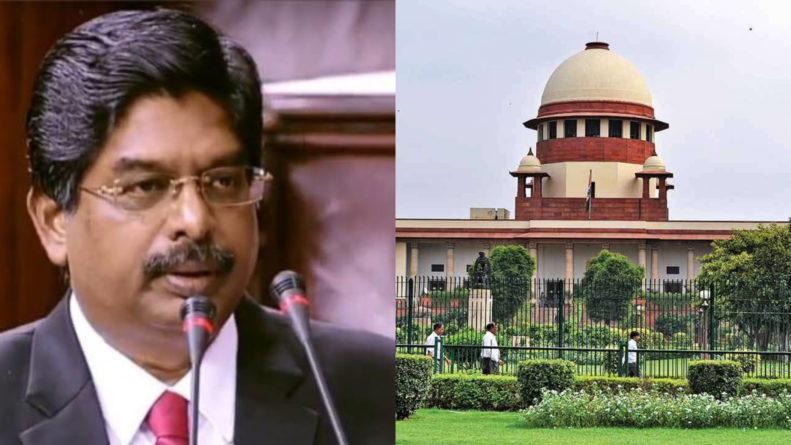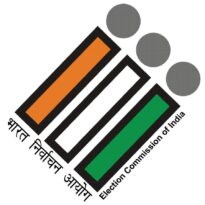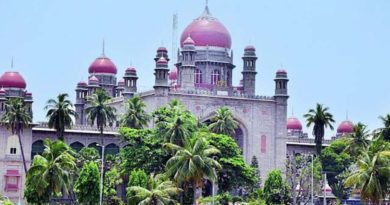Constitution Envisages a Co-Operative Federalism in All Its Institutions, DMK MP Wilson Writes to President Highlighting Inadequate Representation of Many High Courts in Supreme Court.
(Judicial Quest News Network)
Senior Advocate and Member of Rajya Sabha (DMK) Wilson has written a letter to the President of India Ramnath Kovind on June 19th expressing anguish and pain regarding the inadequate representation on the bench of Supreme Court of India.
Wilson further submitted that uniformity in all the basic matters which are essential to maintain the unity of the country. This is the spirit of federal co-operative federalism running through the constitution.
Relying on the Article 124 which prescribes the qualification to be appointed as Judges of Supreme Court. Article 124(3)(a) prescribes the pre-requisite qualifications for a High Court Judge and Article 124 (3)(b) prescribes required qualifications for appointment of an Advocate of a High Court as a Judge of the Supreme Court.
Wilson emphasised on the social diversity when it comes to Supreme Court Judge appointment.
The letter further highlighted that the Constitution of India as well as the Supreme Court “as much federal as the other organs in the sense that it belongs equally to all states.”
The Supreme Court, should necessarily be composed of adequate representatives from all states in proportion to the sanctioned strength of their respective High Courts he added.
The letter also explained that adequacy of representation is of grave importance considering that the Supreme Court being the final arbiter of disputes, has to decide rights and rem apart from rights in personam This includes disputes between states, one that impact culture, customs and languages which mandate regional representation in the bench.
He further explained that such adequacy of representation assumes significance since the Supreme Court, as the final arbiter of the disputes, is called on to decide on.
Inadequate representation of States on the Bench of the Supreme Court is an affront to rights of the States and the people, he has written. The letter also referred to the State-wise composition of the Supreme Court Bench While comparing the sanctioned strength of the High Courts from where the Judges hail.
| S.No | Name of the High Court | Sanctioned Strength of the High Court | Number of Judges in Supreme Court |
| 1. | Andhra Pradesh | 37 | 2 |
| 2. | Allahabad | 160 | 3 |
| 3 | Bombay | 94 | 3 |
| 4 | Calcutta | 72 | 2 |
| 5 | Delhi | 60 | 3 |
| 6 | Karnataka | 62 | 2 |
| 7 | Patna | 53 | 1 |
| 8 | Punjab and Haryana | 85 | 2 |
| 9 | Gujarat | 52 | 1 |
| 10 | Rajasthan | 50 | 2 |
| 11 | Madras | 75 | 1 |
| 12 | Gauhati | 24 | 1 |
| 13 | Kerala | 47 | 1 |
| 14 | Telangana | 24 | 1 |
| Total | 24 |
There is no rescannable between sanctioned strength of the High Court and the representation on the Bench of the Supreme Court. Letter highlights.
From the Madras High Court presently only one Judge Serving in the Supreme Court.
AS such the letter urge the President of India to direct the Union Government to take steps to incorporate social diversity in judicial appointments to the Supreme Court, and to provide adequate representation to all State and High Courts, based on the respective sanctioned strength.




